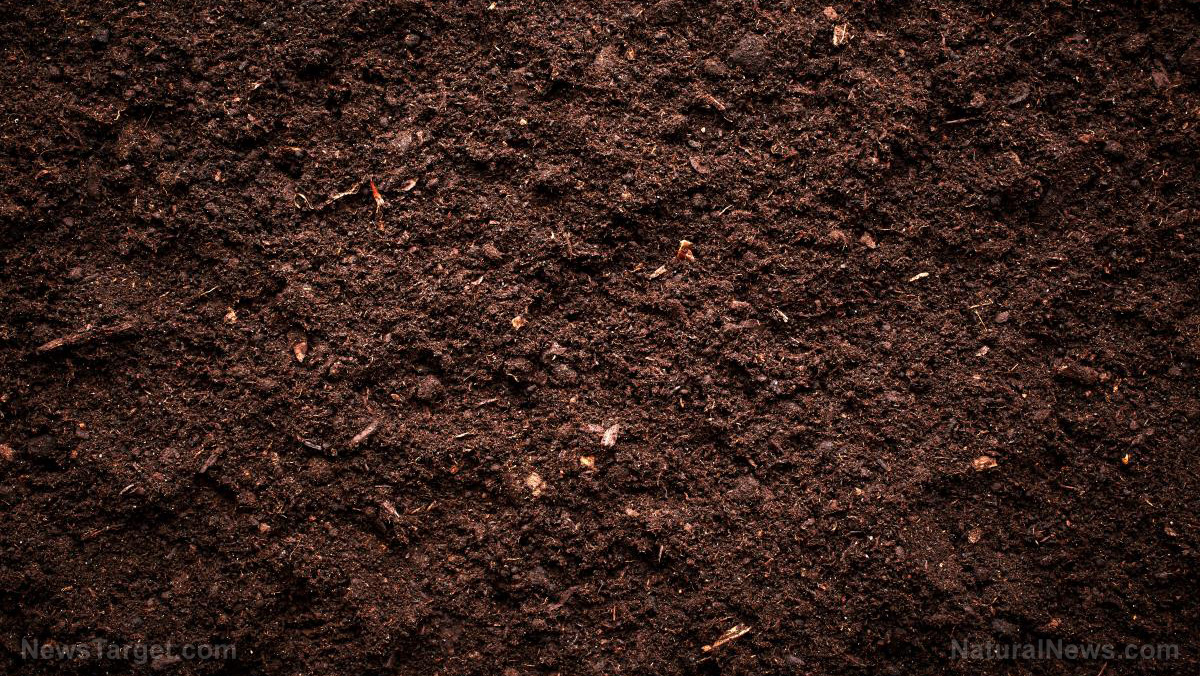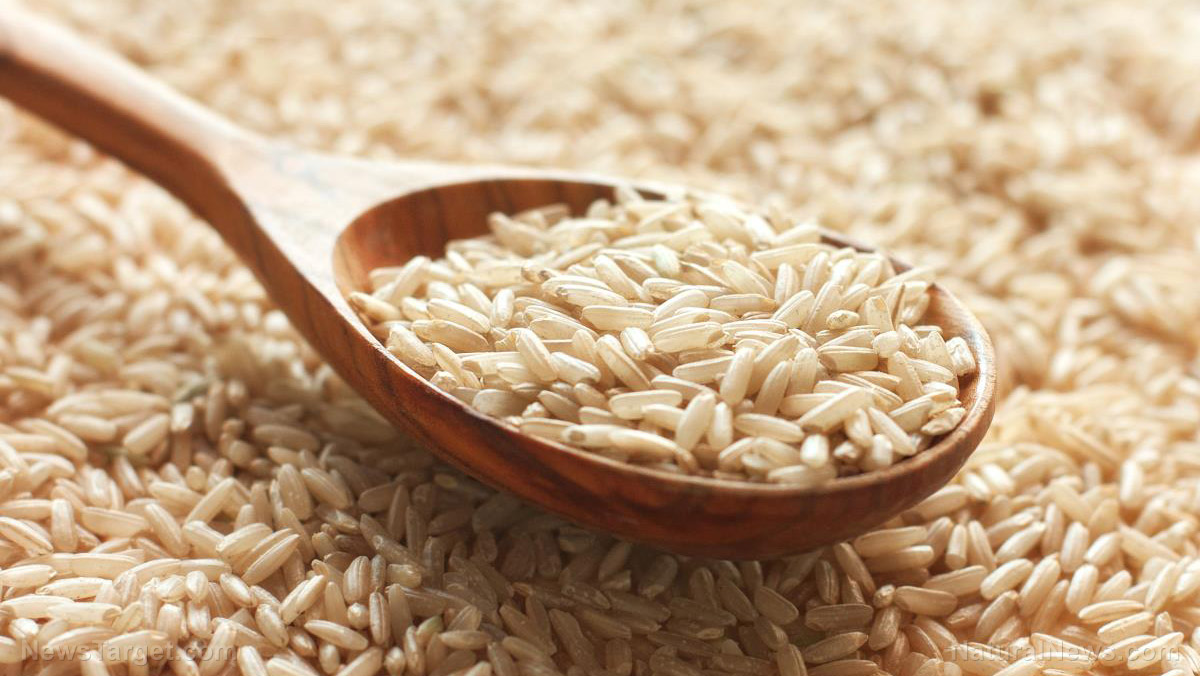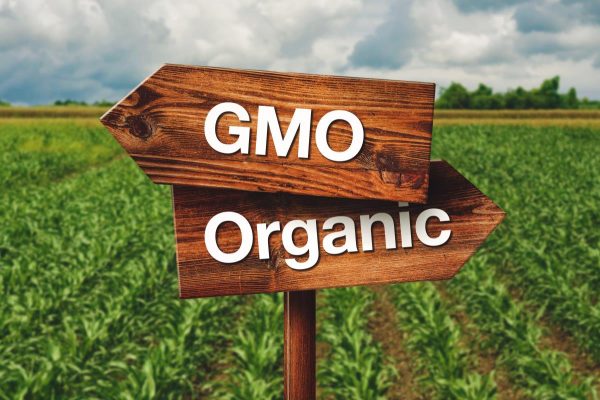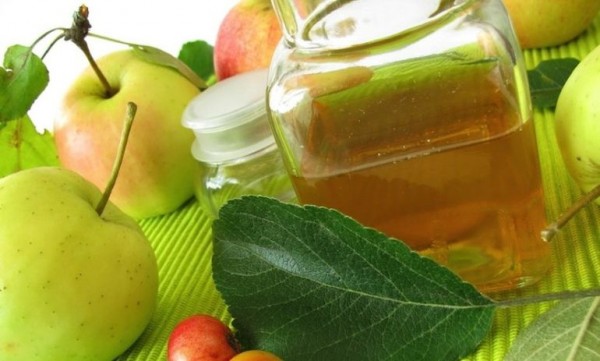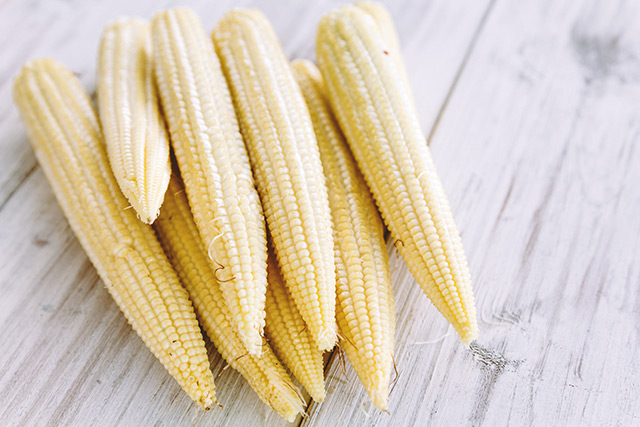04/01/2018 / By David Williams
Nowadays, the use of conventional types of fertilizers is a common practice, as it is seen by most people as necessary to achieve success in growing food crops. However, a study published in Agronomy Journal shows that it is possible to avoid using them altogether.
- The researchers wanted to find out whether or not it was possible to achieve sustainable vegetable production through the use of organic amendments only. In a study titled “Can Organic Amendments Support Sustainable Vegetable Production?” they looked into a possible alternative to the use of conventional fertilizers in growing crops.
- The researchers had some core ideas in mind. The first one states that accounting for the Nitrogen (N) release from organic amendments could lead to improving N use efficiency, and also promote soil carbon (C) storage in what is referred to as horticultural soils. The second is that regional N fertilizer recommendations are often affected by a high degree of uncertainty. Third, by using crop simulation models, it’s possible to develop efficient site-specific N management.
- They worked with the idea that the application rates of synthetic fertilizer to expanses of agricultural fields could be further reduced through the use of simply understanding N supplied by organic amendments (OA). To get to the heart of the matter, the researchers conducted a number of field and simulation experiments.
- For the researchers to get the data and information that they needed from their study, they used the SALUS crop model or the System Approach to Land Use Sustainability. They simulated yield, soil N, and also soil organic carbon (SOC) dynamics based on different combinations of raw or composed OA and synthetic N fertilizer application rates.
- The researchers noted that there was no difference in crop biomass production with N fertilizer reductions up to 27 percent of the conventional N fertilizer rate when combined with the specified OA application in the study.
After looking at their study’s results, the researchers concluded that it is possible to rely on all-natural methods for sustainable vegetable production, as opposed to relying almost entirely on the use of conventional fertilizers. And not only was it possible to grow food crops with the all-natural method, but it was also overall a lot better and a much less harmful system.
Find more coverage of organic crop production at Organics.news.
Journal Reference:
De Rosa D, Basso B, Rowlings DW, Scheer C, Biala J, Grace PR. CAN ORGANIC AMENDMENTS SUPPORT SUSTAINABLE VEGETABLE PRODUCTION? Agronomy Journal. 13 July 2017;109(5):1856. DOI: 10.2134/agronj2016.12.0739
Receive Our Free Email Newsletter
Get independent news alerts on natural cures, food lab tests, cannabis medicine, science, robotics, drones, privacy and more.

